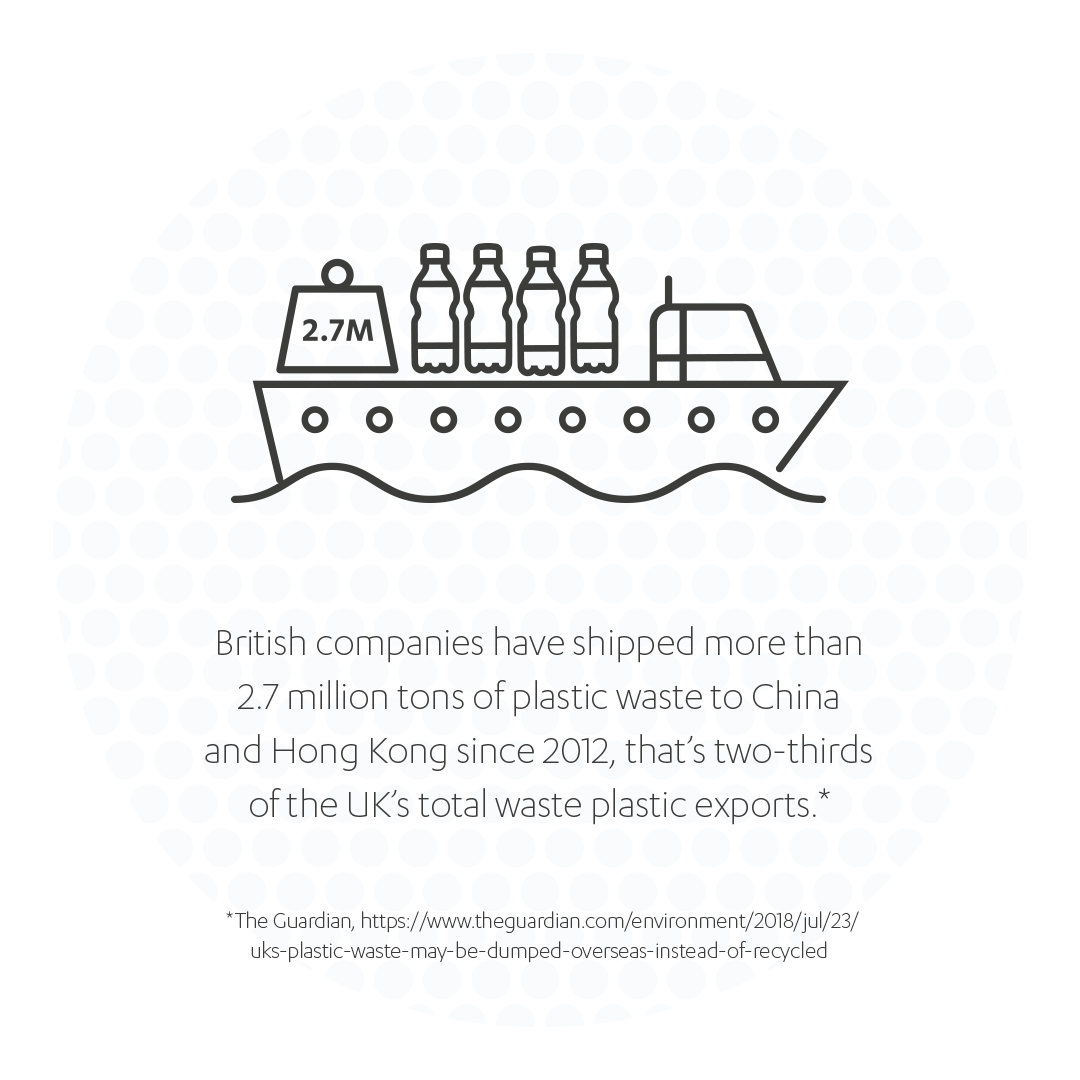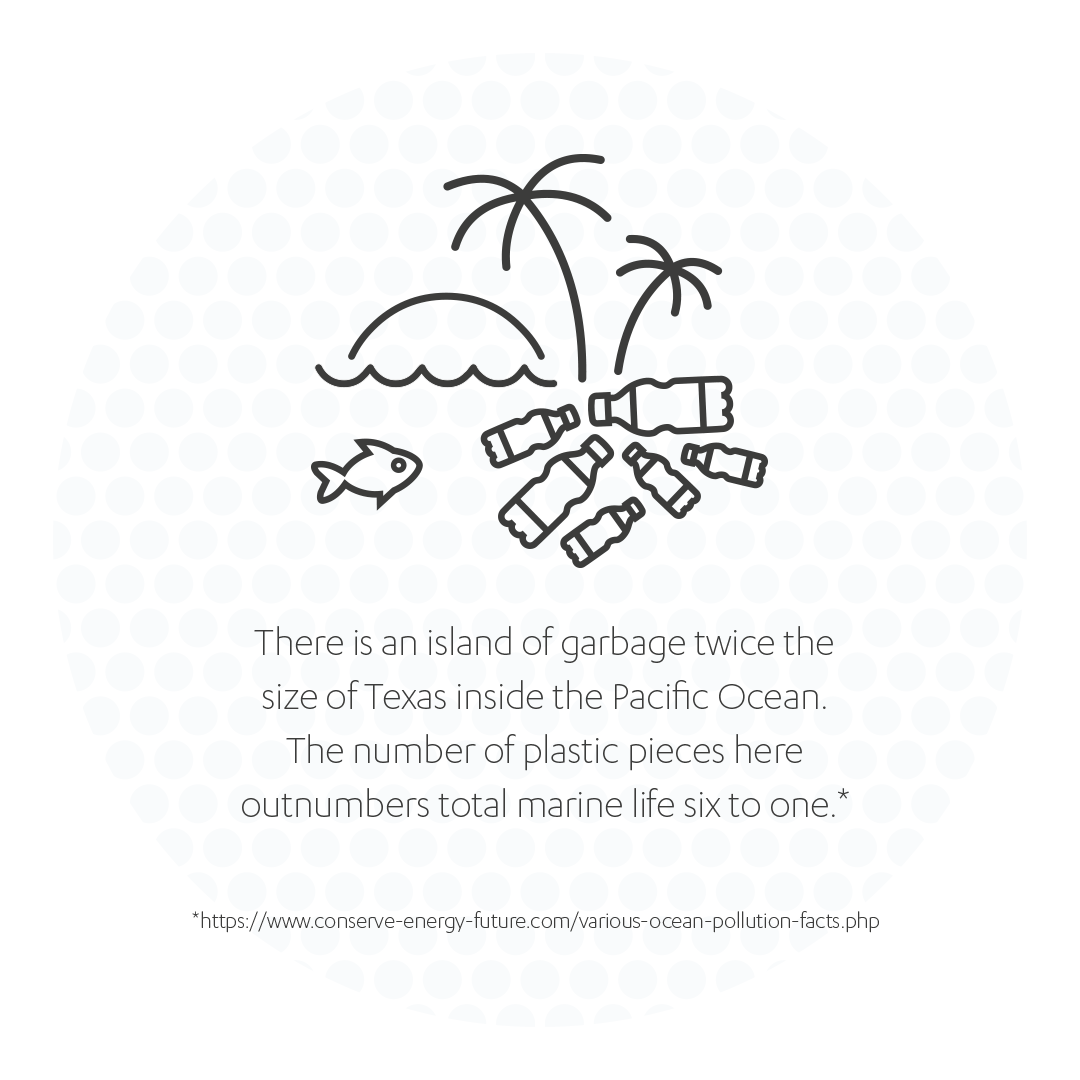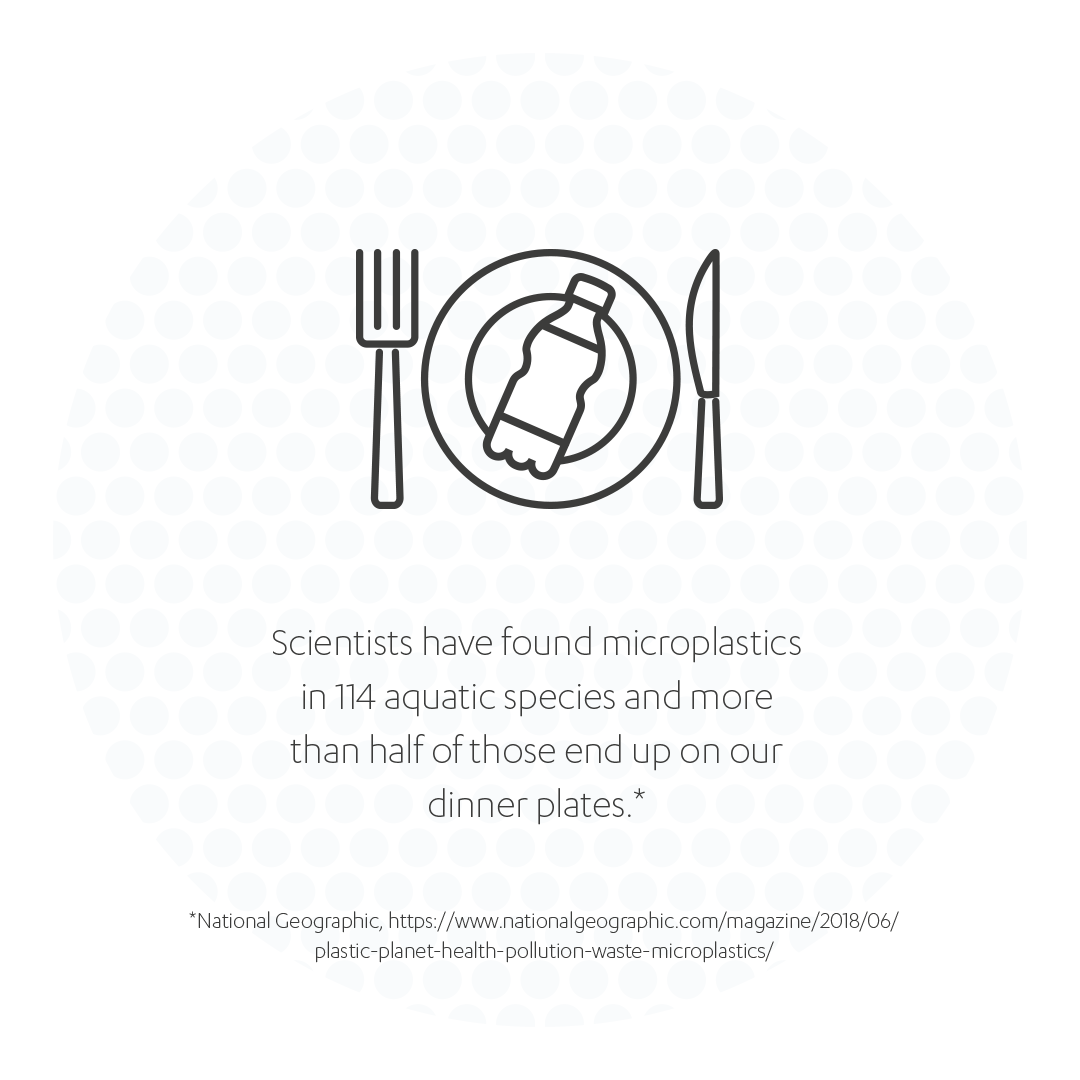04/03/2019
As experts on sustainable drinking water systems we are committed to helping businesses and homes cut out single-use plastic. Here, we take a closer look at just how damaging plastic waste really is for the planet and our health.
As long as we recycle our plastic, there’s no real harm in using it, right? You’d think so, but with recent reports showing that more than half of our recycling gets shipped abroad, it appears recycling is not the solution to our plastic waste problem.
1. British companies have shipped more than 2.7 million tons of plastic waste to China and Hong Kong since 2012, that’s two-thirds of the UK’s total waste plastic exports.[1]
2. In 2018, after China stopped taking in foreign rubbish, waste exported to Malaysia more than trebled, Vietnam exports increased by fifty percent and Thailand’s shot up fifty-fold.[2]
3. Malaysia, Vietnam and Thailand, three of the countries receiving more of our waste since 2018, all appear in a list of the top ten countries for quantity of plastic waste entering the ocean.[3]
The real problem here is that we can’t track whether this exported waste gets recycled. The National Audit Office (NAO) has said there is a risk that some material is not recycled to UK standards and instead sent to landfill.
It’s time to stop sweeping our waste underneath a global carpet and instead make changes that will have a real impact. Though recycling is still important and should absolutely be encouraged, these stats go to show that cutting down on our usage of plastic is something everyone should be taking seriously.
Learn more about the fantastic everyday plastic alternatives on our blog.

It’s no secret that plastic waste finds its way into our oceans, but how much, and what damage does it really cause? You might be surprised by the facts.
4. 18 billion pounds of plastic waste ends up in our oceans each year. That’s enough to cover every foot of coastline around the world with five full rubbish bags of plastic every year. [4]
5. Over 817 animal species around the world are affected by ocean pollution and more than 100,000 marine animals die each year from plastic entanglement and ingestion [5]
6. There is an island of garbage twice the size of Texas inside the Pacific Ocean. The number of plastic pieces here outnumbers total marine life six to one. [6]
7. There is more microplastic in the ocean than there are stars in the Milky Way! [7]
It’s hard to believe just how much plastic waste is in our oceans and the devastating effect it is having. Fish and other marine life often can’t tell the difference between plastic and food. If an animal eats plastic which they can’t digest, their stomachs can fill with the waste causing them to starve. Research estimating that anywhere from 15 to 51 trillion particles of micro plastic are in our oceans and microplastics have been shown to release chemicals which can affect the reproductive system of aquatic animals, among other side effects.

8. More than 90 percent of bottled water from the world’s leading brands were found to be contaminated with microplastics. [8]
9. Scientists have found microplastics in 114 aquatic species and more than half of those end up on our dinner plates. [9]
10. Many plastics contain stiffeners such as Bisphenol A (BPA), a chemical that can disrupt hormones. After multiple uses or exposure to heat, these harmful chemicals can start to leak into our food.[10]
While scientists are still unsure what affect microplastics are having on our health, research has directly linked plastic toxins to many health issues.
Here at Zip, we know the importance of high-quality filtration when it comes to drinking water. Our advanced filtration provides 25 times better filtration than a standard water filter jug.
With microplastics found in multiple bottled water brands, Zip Water’s drinking systems are the perfect alternative and will ensure you benefit from high quality filtration that delivers chemical-fee, crystal clear, pure tasting water.

Sources:
[1] The Guardian, https://www.theguardian.com/environment/2018/jul/23/uks-plastic-waste-may-be-dumped-overseas-instead-of-recycled
[2] Ibid
[3] The Independent, https://www.independent.co.uk/environment/uk-plastic-pollution-oceans-recycling-export-waste-malaysia-vietnam-thailand-a8400761.html
[4] https://www.conserve-energy-future.com/various-ocean-pollution-facts.php
[5] https://www.rubiconglobal.com/blog-ocean-pollution-facts/
[6] https://www.conserve-energy-future.com/various-ocean-pollution-facts.php
[7] https://www.ecowatch.com/plastic-oceans-facts-images-2436857254.html
[8] Vox, https://www.vox.com/science-and-health/2018/9/11/17614540/plastic-food-containers-contamination-health-risks
[9] National Geographic, https://www.nationalgeographic.com/magazine/2018/06/plastic-planet-health-pollution-waste-microplastics/
[10] https://www.popsci.com/earthtalk/article/2008-08/how-safe-tupperware
Talk to us about your next project, request a brochure or arrange a full product demo with one of our team.
